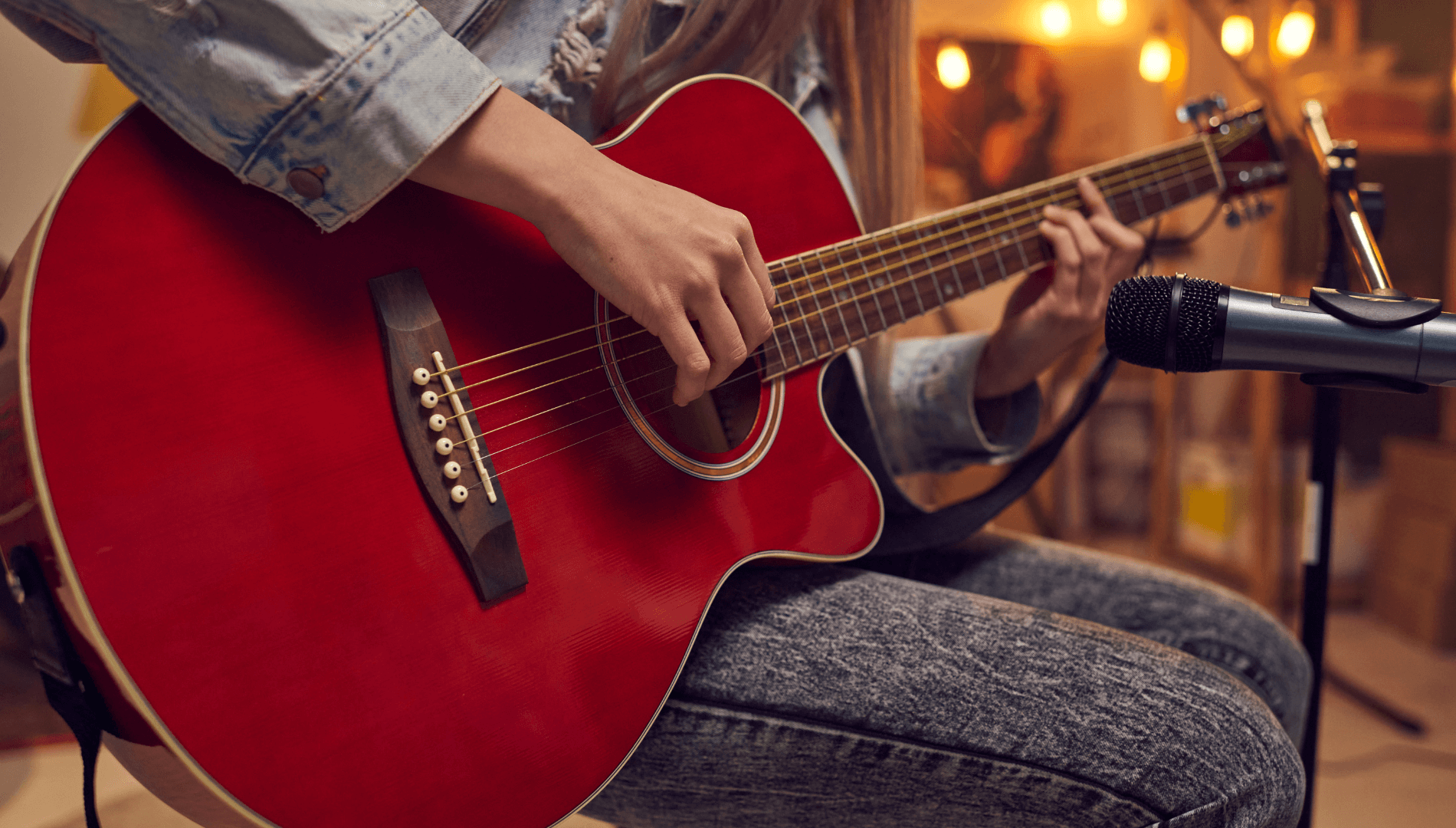How Musicians Can Protect Their Ears and Preserve Their Passion

Musicians dedicate their lives to sound, creating music that moves and inspires others. However, the very thing that fuels their passion can also pose a significant risk to their hearing. Over time, exposure to loud noise can lead to permanent hearing loss, making it crucial for musicians to protect their ears. Fortunately, there are several ways to maintain hearing health without sacrificing a love for music.
Understanding the Risks of Hearing Loss
Musicians are frequently exposed to high sound levels during rehearsals, performances, and recording sessions. Prolonged exposure to loud music can damage the sensitive hair cells in the inner ear, which are essential for hearing. Once damaged, these cells do not regenerate, resulting in irreversible hearing loss. Identifying these risks, early warning signs, and undergoing regular hearing exams can allow musicians to take action before any damage worsens.
Using Custom Hearing Protection
Unlike generic, over-the-counter earplugs, custom hearing protection like earplugs are designed to fit the musician’s ear, offering better comfort and more effective noise reduction. These custom plugs allow musicians to hear the nuances of their performance while reducing harmful sound levels.
Custom earplugs are especially beneficial for musicians in orchestras, bands, or live performances. Whether someone is a drummer or vocalist, these earplugs can be tailored to reduce sound without sacrificing sound quality. For musicians, achieving the right balance between protection and performance is important.
Taking Regular Breaks During Rehearsals
Constant exposure to loud music can overwhelm the ears, even when wearing earplugs. Musicians should allow their ears time to rest. Just as muscles need recovery periods to avoid strain, ears also benefit from breaks. Taking short breaks during long rehearsals or studio sessions can reduce the likelihood of long-term hearing damage.
These breaks give the inner ear time to recover and help prevent temporary hearing problems from becoming permanent. In addition to breaks, lowering the volume during practice sessions can also safeguard hearing health. The aim is to reduce prolonged exposure to dangerously high decibel levels.
Investing in In-Ear Monitors for Stage Performances
IEMs enable musicians to hear a customized mix of their performance without relying on loud on-stage speakers. This not only protects the ears from external noise but also provides better control over what the musician hears.
IEMs allow musicians to reduce the volume that reaches their ears and eliminate the need for loud stage monitors. This significantly lowers the risk of hearing loss during live shows. A hearing health professional can ensure the proper fit and functionality of in-ear monitors, offering the protection needed while performing on stage.
Scheduling Regular Hearing Exams
Regular hearing exams should be part of every musician’s routine healthcare plan. These exams can catch early signs of hearing loss, giving musicians the opportunity to address issues before they become more severe. In addition to detection, hearing health professionals provide personalized advice on how to protect one’s hearing based on the specific demands of a musical career.
If a musician experiences symptoms like ringing in the ears or trouble hearing high-pitched sounds, it’s vital to schedule a hearing exam as soon as possible. Early intervention can help preserve hearing for the long term, ensuring musicians can continue their craft for years to come.
Monitoring Sound Levels with a Decibel Meter
Another helpful tool for musicians is a decibel meter, which measures the intensity of sound in any given environment. Musicians can use this device to monitor noise levels during performances, rehearsals, and even while listening to music through headphones. Keeping sound levels below 85 decibels is generally safe, but musicians are often exposed to much higher volumes.
Staying aware of how loud their surroundings are can help musicians make necessary adjustments, such as lowering the volume or using hearing protection. Many smartphone apps serve as decibel meters, making it easy for musicians to monitor sound levels on the go.
Avoiding Loud Environments When Not Performing
While it may be tempting for musicians to attend concerts, clubs, or other loud events in their downtime, avoiding such environments is crucial to protecting their ears. Repeated exposure to loud noise, whether it’s from music or other sources, can lead to cumulative hearing damage. Practicing safe listening habits daily can make a big difference in preserving hearing health.
If musicians find themselves in loud environments, carrying a pair of earplugs can be a lifesaver. Having ear protection on hand during spontaneous loud events is one of the simplest ways to protect hearing outside of a musical career.
